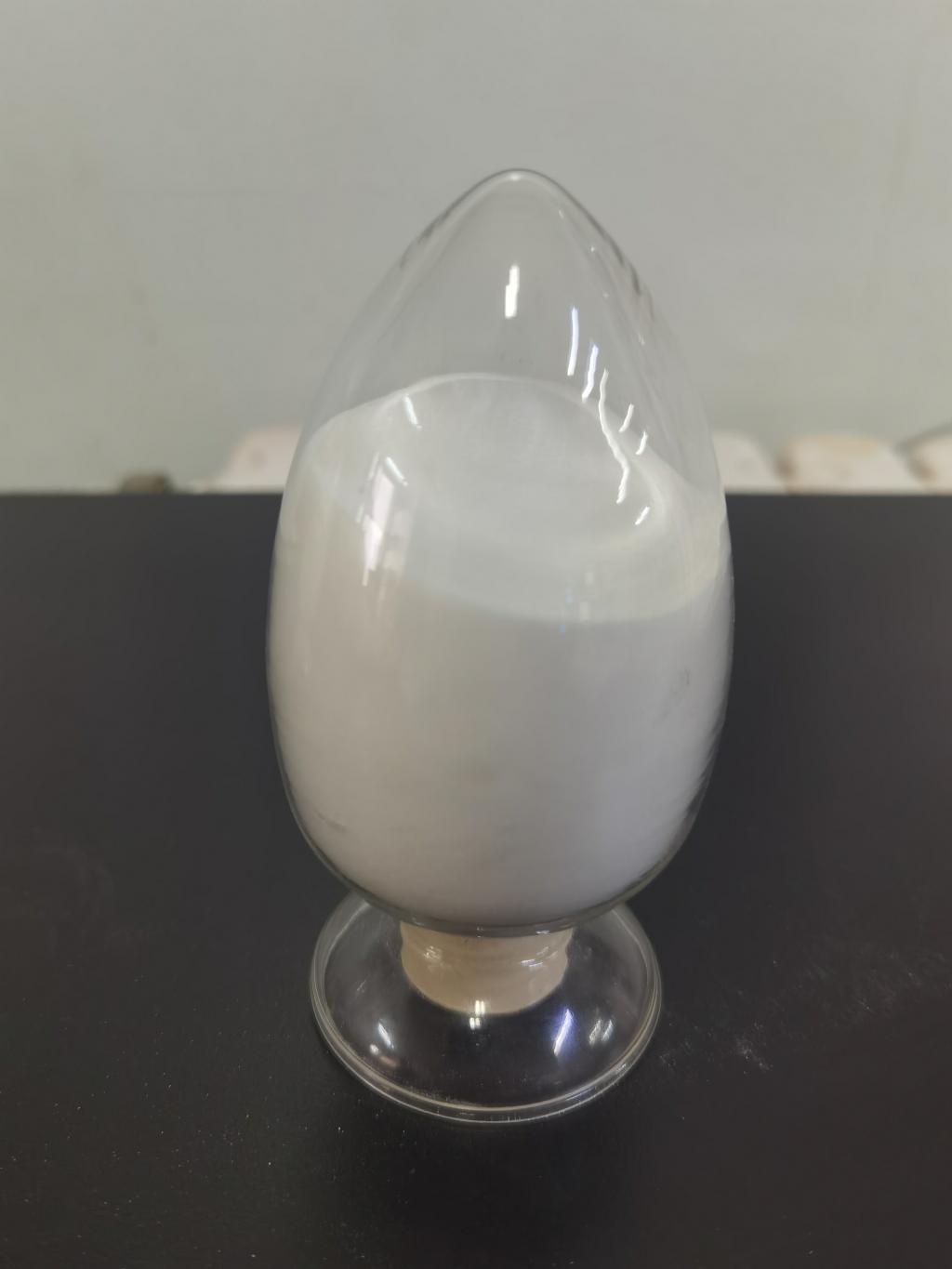Tel:+8618231198596

News
 CONTACT
CONTACT
 CONTACT
CONTACT
- Linkman:Linda Yao
- Tel: +8618231198596
- Email:linda.yao@dcpharma.cn
- Linkman:CHARLES.WANG
- Department:Overseas
- Tel: 0086 0311-85537378 0086 0311-85539701
News
ε-Polylysine hydrochloride's effectiveness against Gram-positive.
TIME:2024-04-07
Understanding ε-Polylysine Hydrochloride:
ε-Polylysine hydrochloride is a cationic biopolymer derived from the fermentation of Streptomyces albulus. It consists of multiple lysine residues linked by peptide bonds, forming a linear chain structure. This antimicrobial agent exhibits potent activity against a wide range of microorganisms, including bacteria, yeasts, molds, and some viruses.
Mechanisms of Action:
The effectiveness of ε-Polylysine hydrochloride stems from its unique mechanisms of action. Upon contact with microbial cells, ε-Polylysine hydrochloride interacts with the negatively charged components of the cell membrane, disrupting its integrity. This disruption leads to leakage of cellular contents, loss of membrane potential, and ultimately, cell death. Additionally, ε-Polylysine hydrochloride may interfere with essential cellular processes, such as DNA replication and protein synthesis, further inhibiting microbial growth.
Activity Against Gram-Positive Bacteria:
Gram-positive bacteria are characterized by a thick peptidoglycan layer in their cell wall, which retains the crystal violet stain in the Gram staining process. ε-Polylysine hydrochloride effectively targets Gram-positive bacteria by binding to the cell wall components and penetrating the cytoplasmic membrane. This disrupts the structural integrity of the cell wall, leading to lysis and cell death. Common Gram-positive pathogens inhibited by ε-Polylysine hydrochloride include Staphylococcus aureus, Bacillus cereus, and Listeria monocytogenes.
Activity Against Gram-Negative Bacteria:
Gram-negative bacteria possess a complex cell envelope comprising an outer membrane, periplasmic space, and inner cytoplasmic membrane. Despite the additional barrier provided by the outer membrane, ε-Polylysine hydrochloride demonstrates efficacy against Gram-negative bacteria. It interacts with lipopolysaccharides and other outer membrane components, disrupting membrane integrity and permeability. This disrupts essential cellular processes and leads to cell death. Common Gram-negative pathogens targeted by ε-Polylysine hydrochloride include Escherichia coli, Salmonella spp., and Pseudomonas aeruginosa.
Broad-Spectrum Antimicrobial Activity:
The ability of ε-Polylysine hydrochloride to effectively combat both Gram-positive and Gram-negative bacteria contributes to its broad-spectrum antimicrobial activity. This versatility makes it suitable for use in various industrial settings, including food and beverage production, pharmaceutical manufacturing, healthcare facilities, and water treatment. By targeting a wide range of microbial pathogens, ε-Polylysine hydrochloride helps ensure product safety, extend shelf life, and prevent contamination-related issues.
Applications in Food and Beverage Industry:
In the food and beverage industry, maintaining hygiene and preventing microbial spoilage are paramount concerns. ε-Polylysine hydrochloride finds extensive use as a preservative in a diverse array of products, including dairy, meat, poultry, seafood, and beverages. Its broad-spectrum activity inhibits the growth of spoilage organisms and foodborne pathogens, thereby extending the shelf life of perishable foods and ensuring product safety.
Applications in Pharmaceutical Manufacturing:
In pharmaceutical manufacturing, ensuring product sterility and preventing microbial contamination are critical for product quality and patient safety. ε-Polylysine hydrochloride is utilized as a preservative in liquid medications, ophthalmic solutions, and oral care products. Its ability to inhibit both Gram-positive and Gram-negative bacteria helps maintain product efficacy and safety throughout storage and use.
Applications in Healthcare Facilities:
In healthcare facilities, preventing healthcare-associated infections (HAIs) is of utmost importance. ε-Polylysine hydrochloride can be incorporated into surface disinfectants, hand sanitizers, and wound care products to inhibit the growth of pathogenic bacteria. Its broad-spectrum activity reduces the risk of cross-contamination and transmission of infectious agents, thereby enhancing patient safety and infection control measures.
Environmental Considerations:
The use of ε-Polylysine hydrochloride offers environmental benefits by reducing the reliance on traditional chemical preservatives and disinfectants, which may pose risks to human health and the environment. Its biodegradability and low toxicity make it an environmentally friendly choice for antimicrobial applications, aligning with sustainability goals and regulatory requirements.
Future Perspectives:
As microbial resistance continues to pose challenges in various industries, the demand for effective antimicrobial solutions remains high. ε-Polylysine hydrochloride stands out as a versatile antimicrobial agent with broad-spectrum activity against both Gram-positive and Gram-negative bacteria. Future research efforts may focus on optimizing its efficacy, enhancing its stability, and exploring novel applications in emerging industries.
Conclusion:
ε-Polylysine hydrochloride represents a valuable antimicrobial solution with broad-spectrum activity against a wide range of microorganisms, including both Gram-positive and Gram-negative bacteria. Its versatility makes it suitable for diverse industrial applications, including food and beverage production, pharmaceutical manufacturing, healthcare facilities, and water treatment. By harnessing the potency of ε-Polylysine hydrochloride, industries can effectively combat microbial contamination, ensure product safety and quality, and contribute to environmental sustainability.
- Tel:+8618231198596
- Whatsapp:18231198596
- Chat With Skype







